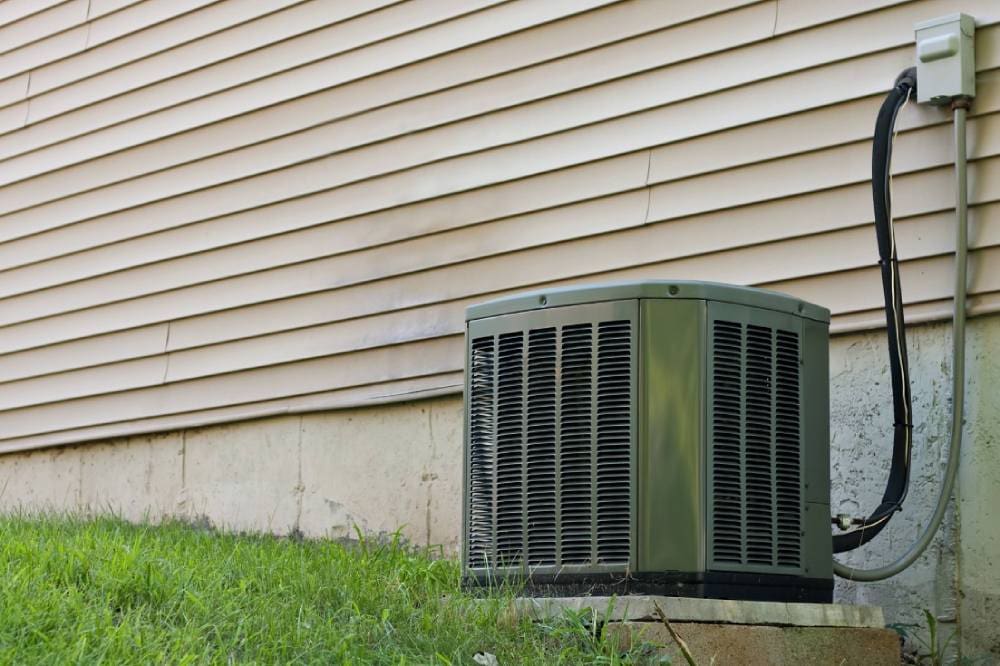
A typical air conditioner (AC) handles several fluids (liquids and gases) in its normal operations. Losing or leaking these fluids leads to several problems that affect your AC, house, and household members. Discover three forms of AC-related leakages and their effect on your home.
1. Air Leaks
Good air circulation is the hallmark of efficient air conditioning. Thus, you have a reason to worry if your AC or home leaks air. Below are some of the ways air can leak and affect your home cooling efficiency.
Ductwork
Duct leakages occur both on supply and return ductwork. Leakages from the supply ductwork starve the relevant parts of the house of conditioned air, leading to inadequate cooling. Leakages from the return ductwork starve the AC of air, straining it. Causes of duct leakages include:
- Wear and tear of duct materials, such as corrosion
- Pressure differences in the house
- Animal damage
- Structural changes due to settling foundation
Anything that creates duct holes or separate duct joints leads to air leakages.
Home Openings
Your house may also leak air and affect your AC’s operations. Gaps and openings that might leak air from the house include those around electrical and plumbing fixtures and pipes, windows and doors, and vents. Such gaps often arise when weatherstripping and caulk deteriorate.
Air losses, irrespective of their origins, cause the AC to overwork. An overworked system suffers increased wear and tear, increasing the risk of system breakdown. An overworked system also provides inefficient cooling; for example, you may experience uneven cooling with such a system.
2. Water Leaks
An AC extracts and condenses water in the air during its cooling cycles. The AC’s design facilitates safe drainage and disposal of the condensate. The condensate collects in a drain pan before flowing into the drain line, which channels the water out of the house. However, damages or malfunctions can leak water before it leaves the house.
Some reasons an AC might leak water include:
- Drain line clogging — Blockages in the drain line, such as dust and debris, interfere with normal drainage and leads to water leaks.
- Drain line damage — The drain line can also leak due to wear and tear or accidental damage that cracks or creates holes in the lines.
- Drain pap damage — The drain pan can also suffer damage that leaks the water it collects.
- Condensate pump damage — Some ACs use a pump to force the condensate out of the house; a broken pump will allow water to accumulate and leak from the AC.
Water leaking from the AC can damage your house’s structure or contents. For example, the water can cause electrical damage if it encounters live electrical wiring. The water also increases humidity and increases mold growth risk.
3. Refrigerant Leaks
Lastly, you also have a problem if the AC leaks refrigerant, which it uses to transfer heat out of the house. A refrigerant leak might occur if:
- The metallic refrigerant lines corrode and develop pits
- The AC’s seals and valves wear out and lose their tight connections
- Someone accidentally disconnects or incorrectly installs the refrigerant lines
Refrigerant leaks lead to reduced cooling capacity and increased energy consumption. Refrigerant is also dangerous to the environment; it damages the protective ozone layer that protects us from dangerous cosmic rays. A refrigerant leak inside the house lowers indoor air quality and can poison your household.
Contact Steele Brothers Heating, Inc., if you suspect your AC has malfunctioned or lost its efficiency. For example, contact us if you experience increased energy bills and suspect the AC or if you experience hot and cold spots in the house. Let us use our skills and experience to diagnose and fix your cooling problems.
